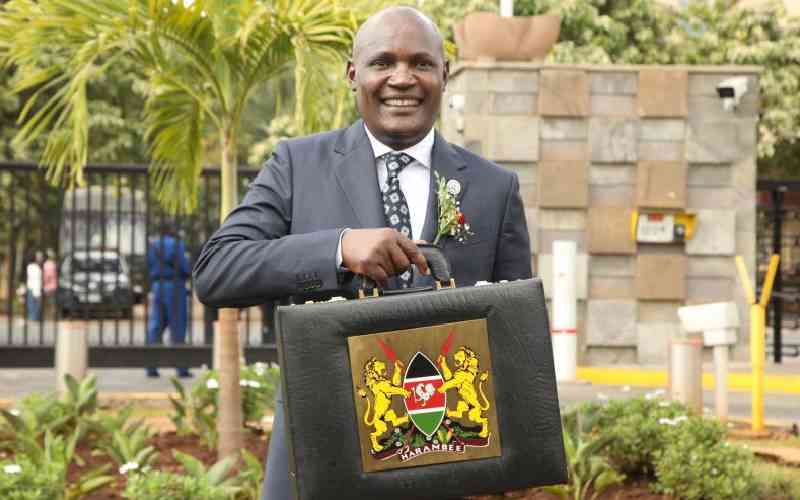×
The Standard e-Paper
Home To Bold Columnists

Kenya has launched its first National Spatial Plan, which will guide the use and management of land and land-based resources and help in achieving equity, productivity, efficiency and sustainability.
While launching the plan last week, Lands and Physical Planning cabinet secretary Prof Jacob Kaimenyi said the document will address key developmental challenges that the country is grappling with while recognising the abundant and diverse resource endowment.







